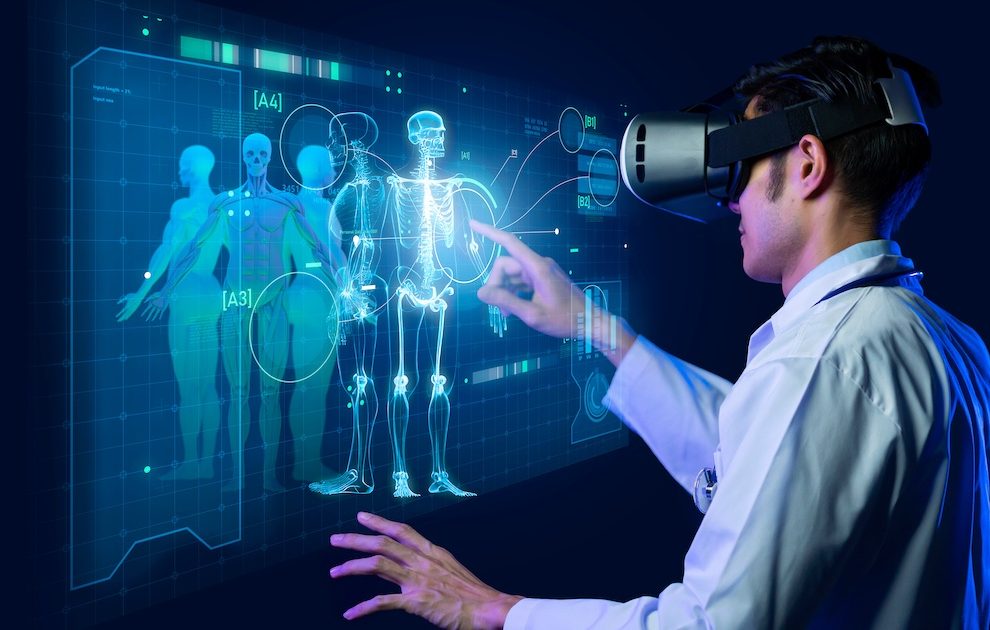A new federal regulation mandates that certain health AI makers reveal information about bias, testing, and other topics.
They know what the ones and zeroes buzzing away in the background are up to, don’t they? Clinicians click away at workstations in hospitals.
In actuality, physicians and health systems frequently lack critical knowledge about the algorithms they use for tasks like anticipating the start of serious illnesses. Federal regulators now mandate that electronic health record (EHR) businesses provide clients with a wide range of information regarding artificial intelligence tools in their software, which proponents say is a positive start.
Clinicians should have been able to see a model card, often known as a “nutrition label,” since the beginning of January. This label should include information on the variables that go into a prediction, whether a tool has been evaluated in the real world, how the tool’s authors addressed potential bias, cautions about improper use, and more.






















